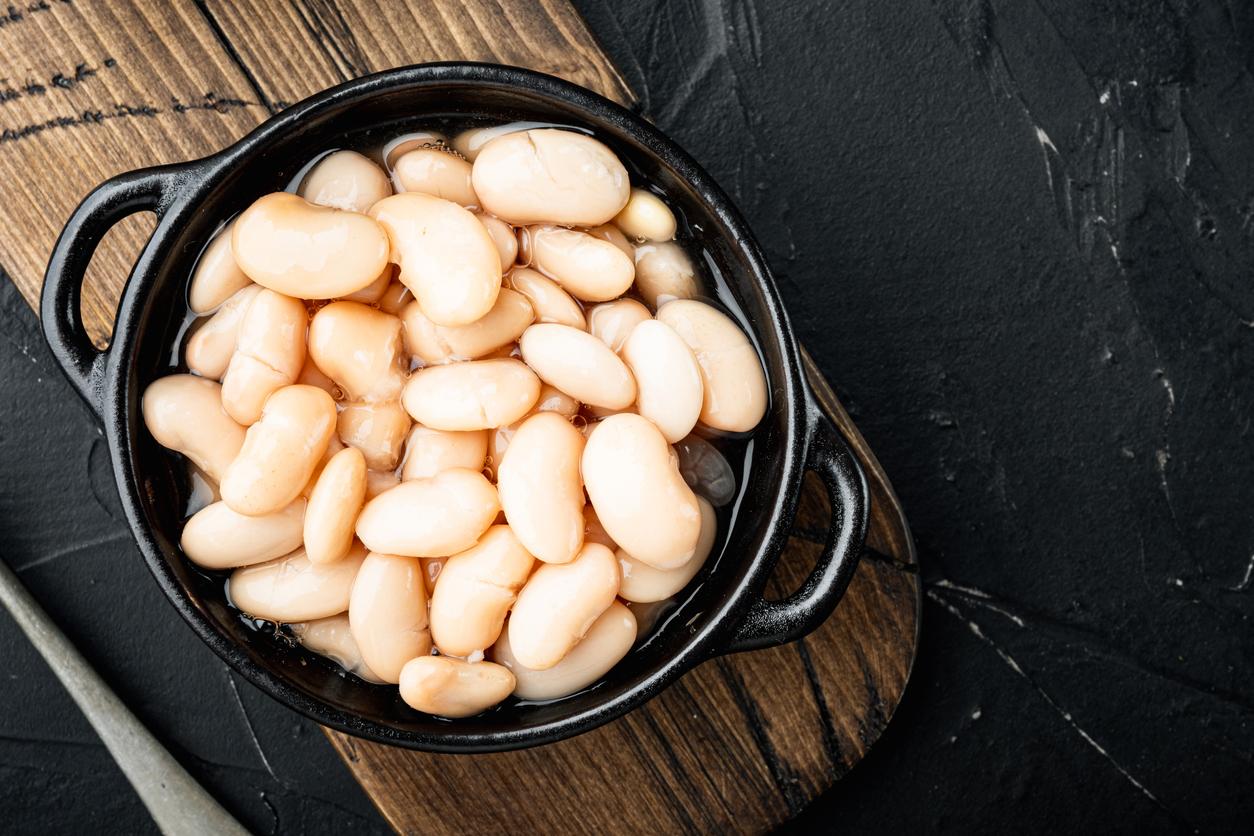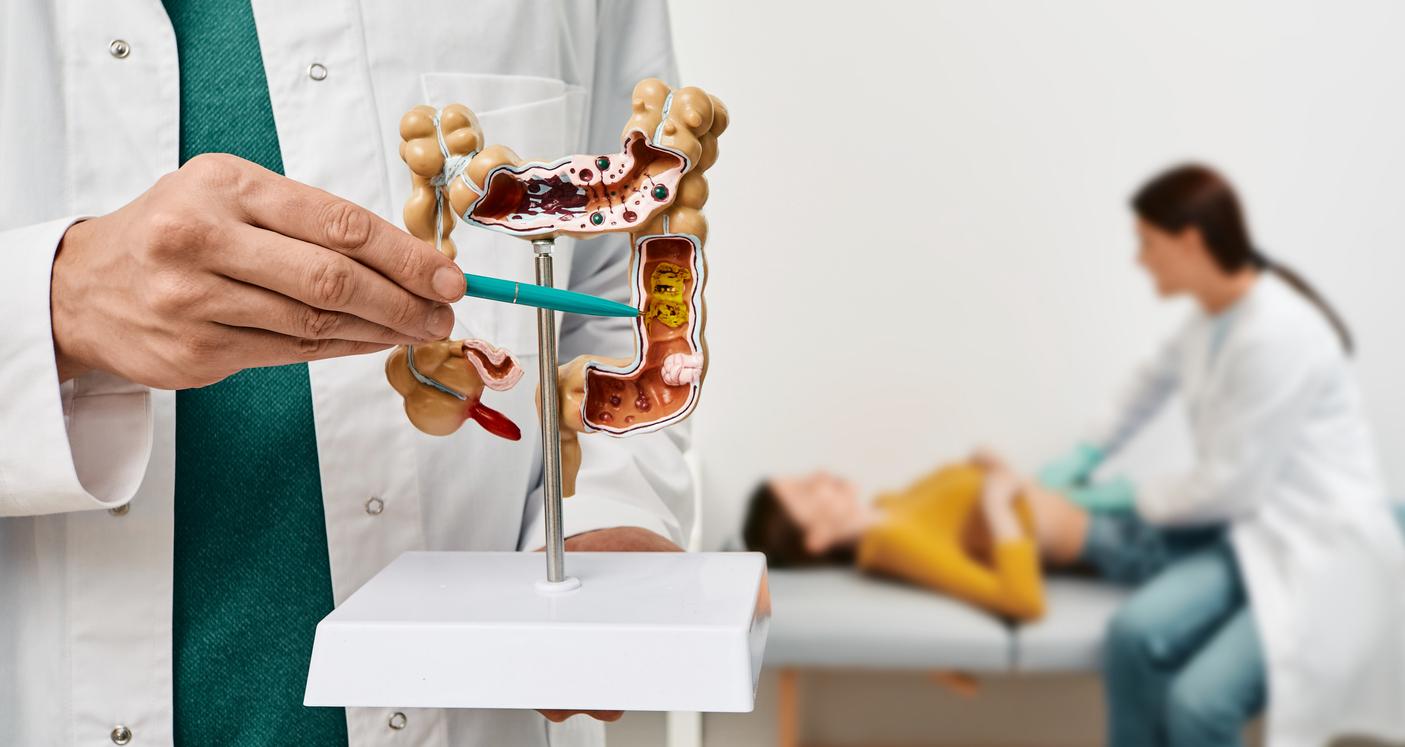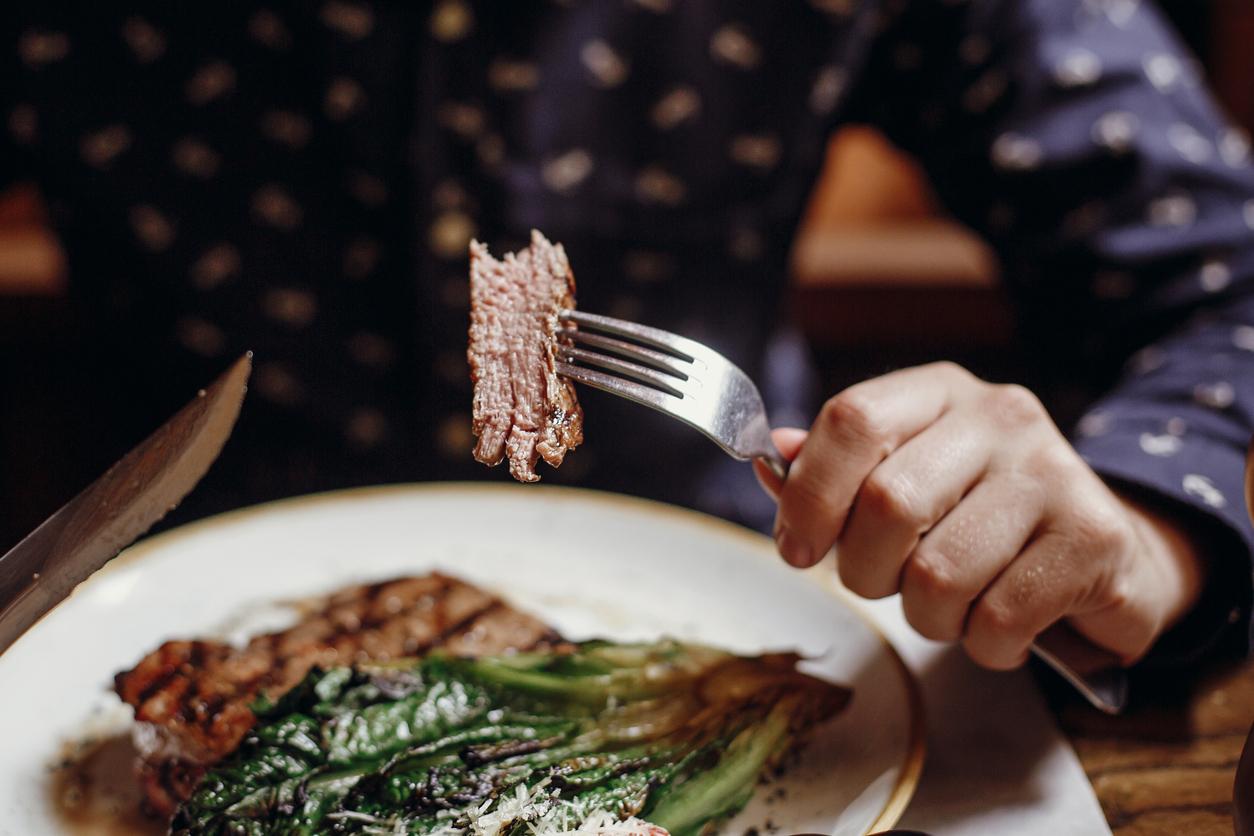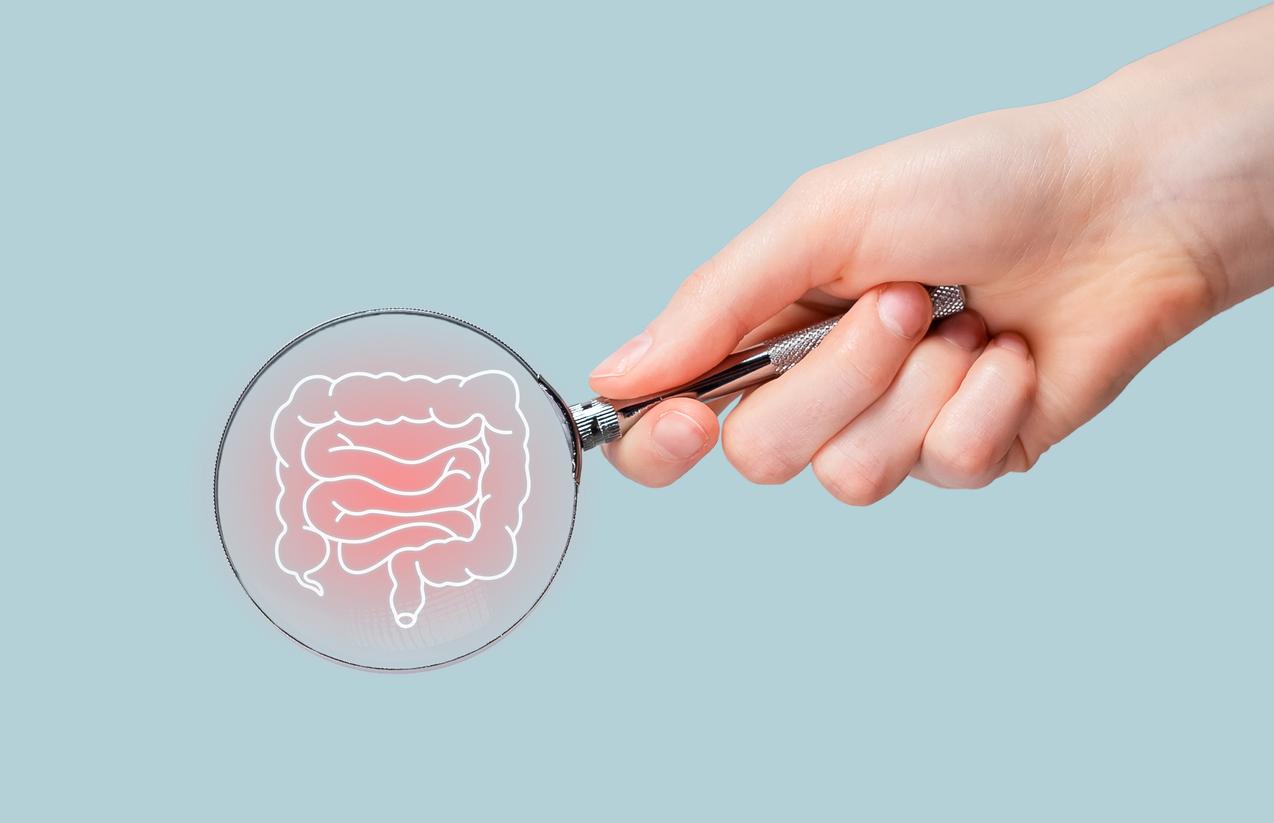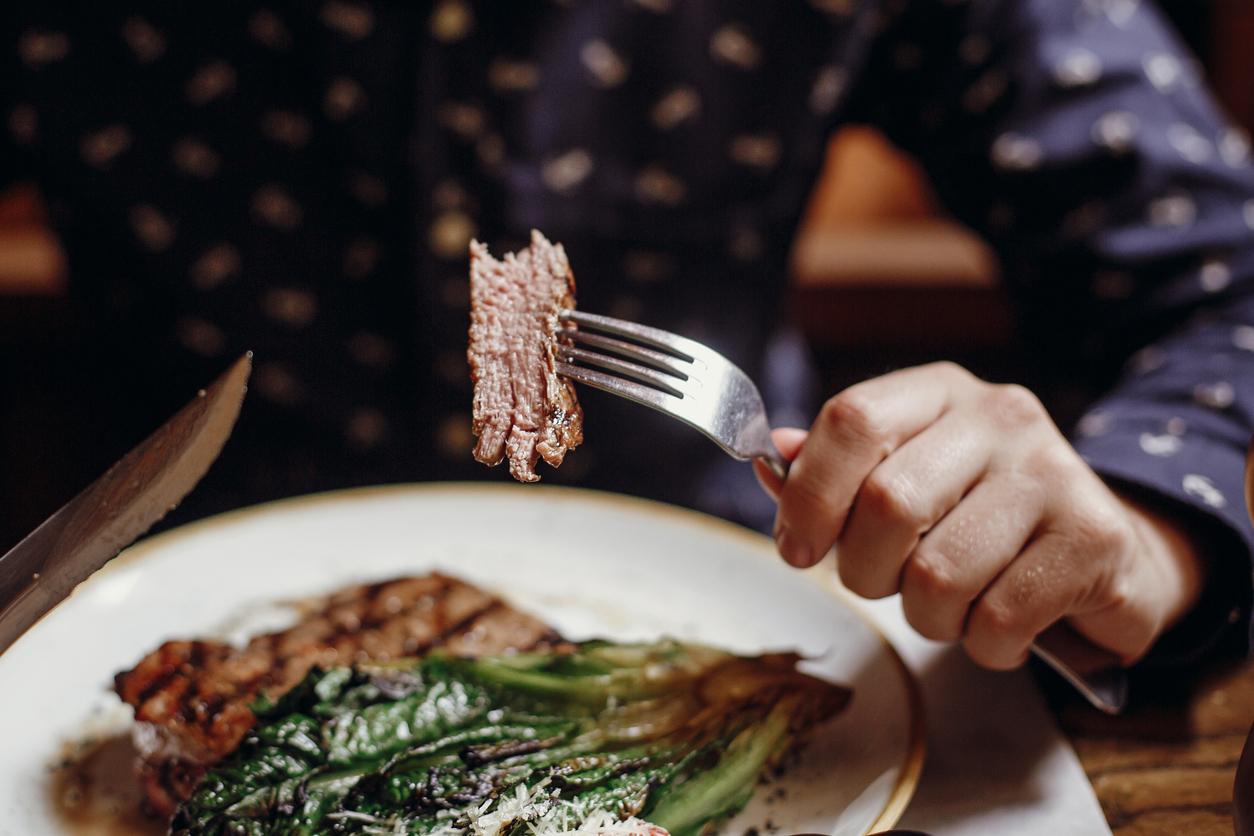Diet may be one of the biggest risk factors for colon cancer in young adults, according to a new study from the Cleveland Clinic.
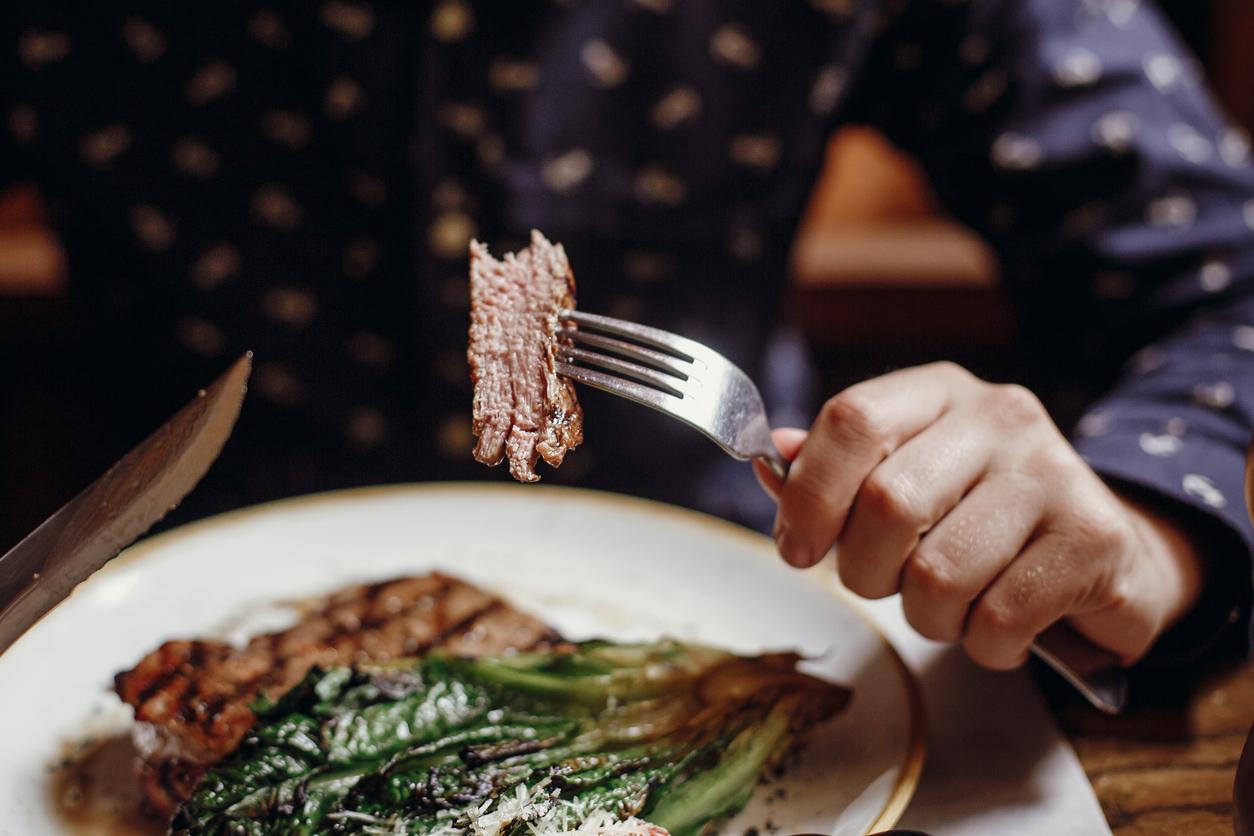
- Metabolites of red and processed meat are risk factors for early-onset colorectal cancer.
- Younger colon cancer patients had higher levels of metabolites associated with arginine production and metabolism, as well as the urea cycle, compared with their older peers, which may be related to red meat consumption.
- The authors say it may be more effective to pay attention to the diet of young adults to prevent colon cancer.
The number of colon cancers is exploding among young adults, particularly in the United States. The fourth leading cause of cancer death among people under 50 in the United States in the late 1990s, colorectal cancer is now the deadliest for young men and the second for women under 50. A new study from the Cleveland Clinic, published in NPJ Precision Oncologycould have found an explanation for this increase: the consumption of red and processed meat.
Link between red meat and early colorectal cancer
Previous research had shown that patients with early colorectal cancer (before age 50) did not have the same microbiota or metabolites (molecules derived from diet) as older patients. Given this observation, the Cleveland Clinic team decided to closely study the intestinal microbiome of people treated for cancerous tumors in the colon.
By analyzing the collected data with an artificial intelligence algorithm, the scientists found that dietary differences accounted for a significant proportion of the observed discrepancies between young and old. Specifically, metabolites associated with red and processed meat were one of the main risk factors for early-onset colorectal cancer.
“Younger colon cancer patients had higher levels of metabolites associated with the production and metabolism of an amino acid called arginine, as well as the urea cycle, compared with their older peers. These differences may be related to long-term consumption of red and processed meat.”explain the authors in a press release.
“Researchers – including us – have begun to focus on the gut microbiome as a major contributor to colon cancer risk. But our data clearly show that the main driver is diet.”adds Dr Sangwan who co-led the work.

Metabolites: simpler screening of people at risk
The discovery of a link between diet and early colon cancer could greatly facilitate the screening and treatment of people at risk. First, the researchers note that it is “It’s much easier to identify patients at risk by counting metabolites in their blood than by sequencing bacterial DNA in their stool for different microbes.”
In addition, nutritional diet can be a good way to prevent disease. “It can actually be very complicated and difficult to change your microbiome.”adds lead author Dr Suneel Kamath. “Although it’s not always easy, it’s much easier to change your diet to prevent colon cancer.”
While he acknowledges that more research is needed to understand how red meat and diet can cause cancer, the oncologist says his study has already changed the way he provides patient care.
“Even though I knew before this study that diet is a major risk factor for colon cancer, I didn’t always discuss it with my patients at their first visit. There’s so much going on that it can be overwhelming.”explains Dr. Kamath. Now, I always make sure to talk to my patients and any healthy friends or family members they bring with them, to try to equip them with the tools they need to make informed choices about their lifestyle.”









